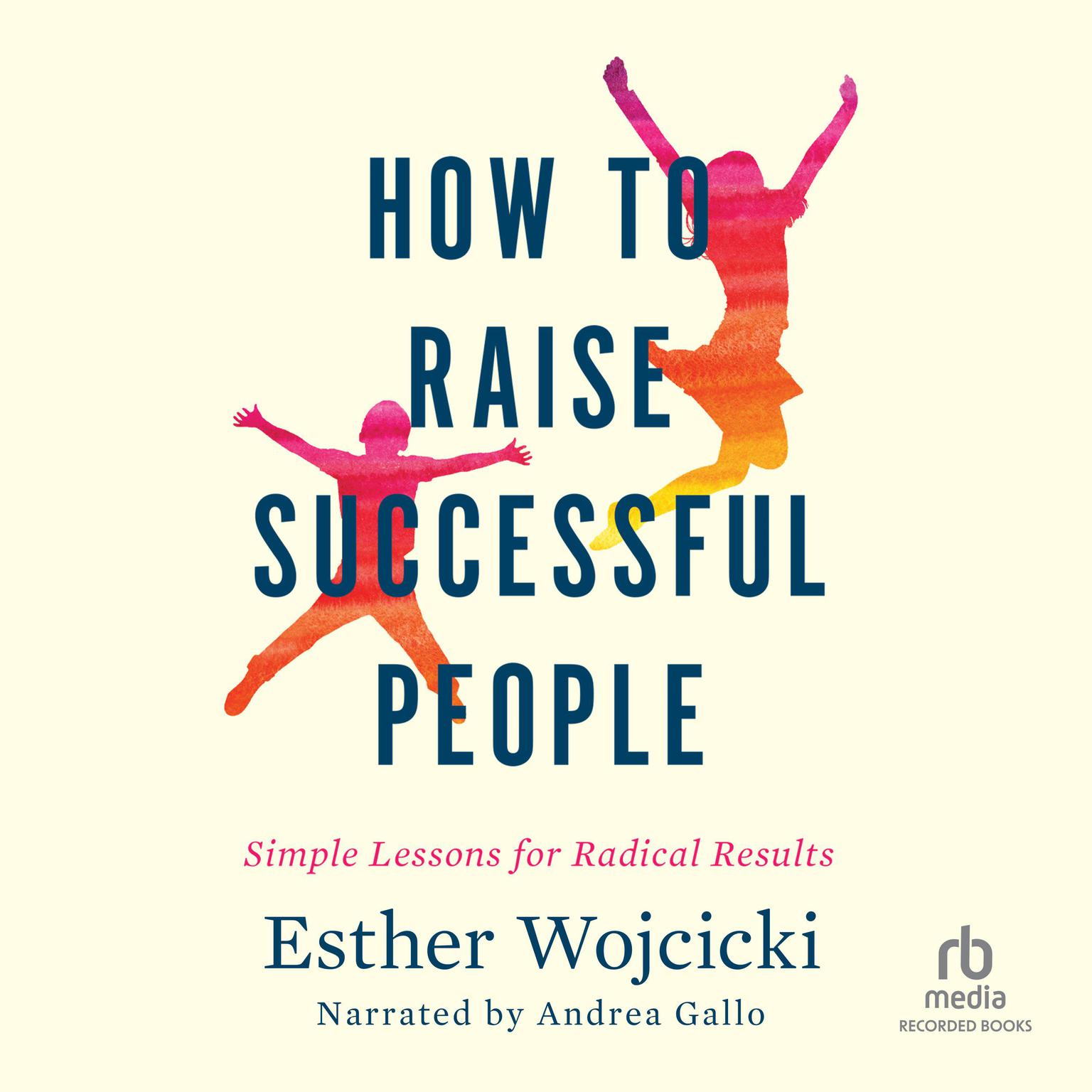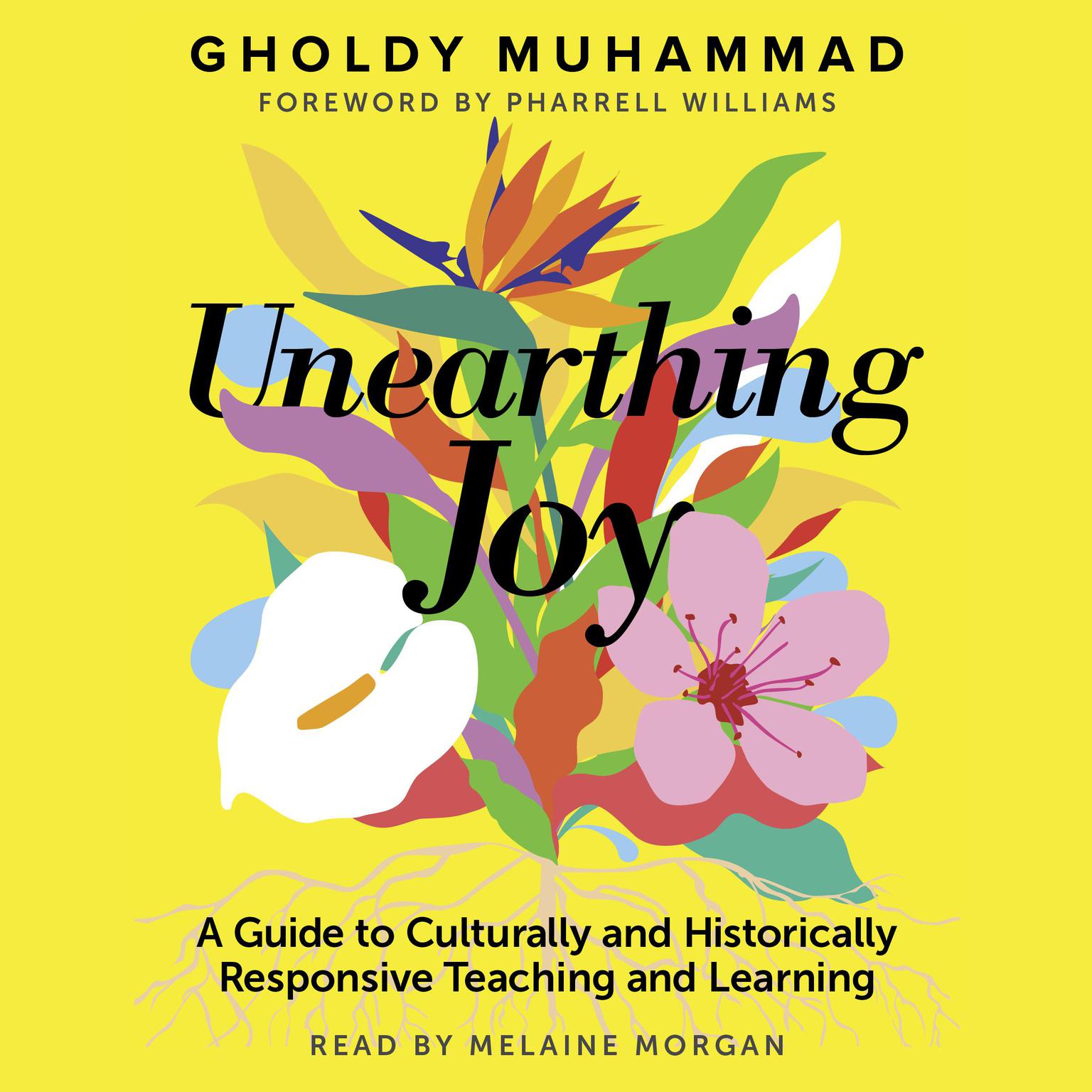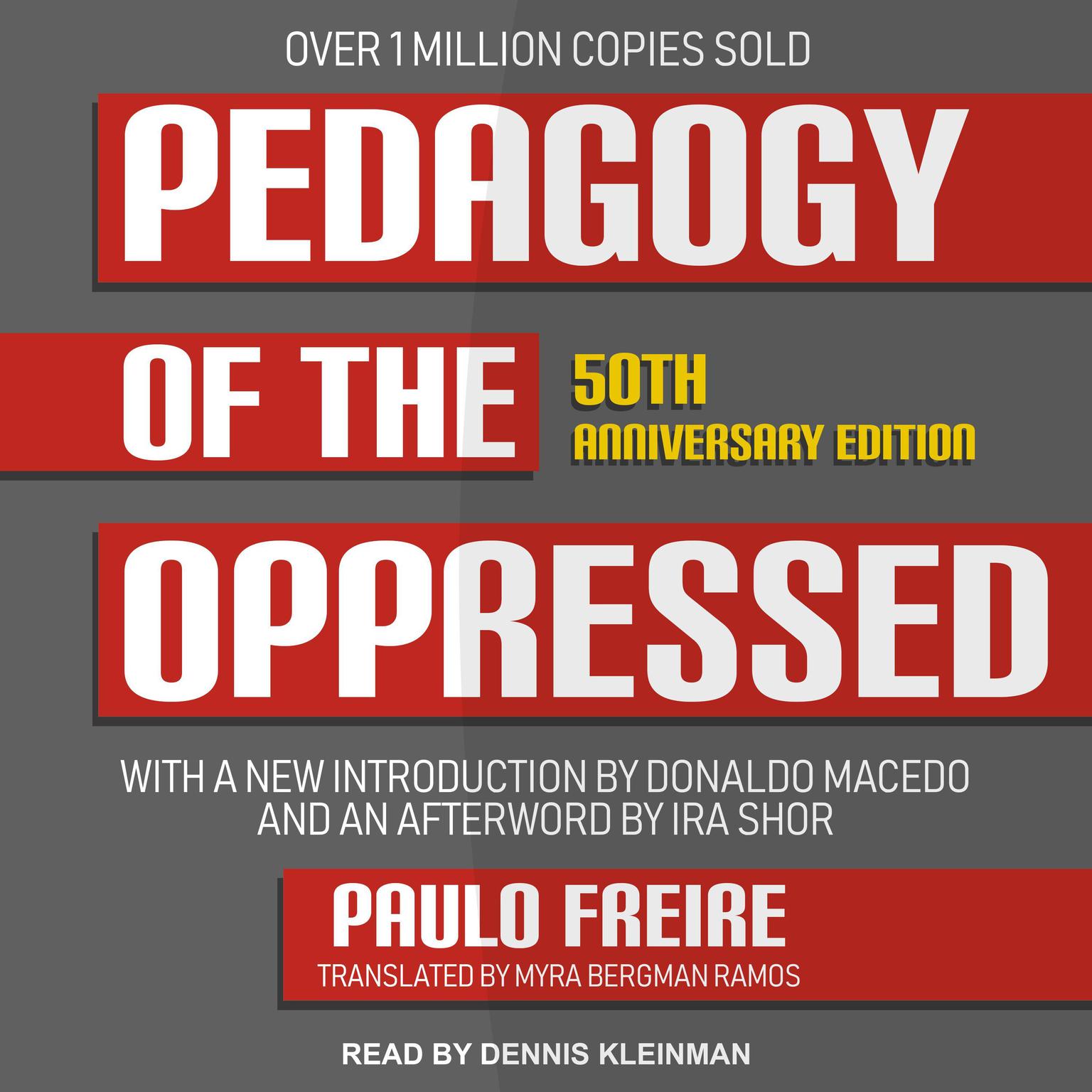Publisher Description
Has American higher education become a dinosaur? Why do professors all tend to think alike? What makes it so hard for colleges to decide which subjects should be required? Why do teachers and scholars find it so difficult to transcend the limits of their disciplines? Why, in short, are problems that should be easy for universities to solve so intractable? The answer, Louis Menand argues, is that the institutional structure and the educational philosophy of higher education have remained the same for one hundred years, while faculties and student bodies have radically changed and technology has drastically transformed the way people produce and disseminate knowledge. Sparking a long-overdue debate about the future of American education, The Marketplace of Ideas examines what professors and students—and all the rest of us—might be better off without while assessing what is worth saving in our traditional university institutions.
Download and start listening now!
“The first part of Louis Menand’s latest book is a summary of richer and more detailed sources (e.g., John Thelin’s excellent overview of the history of higher education). However, the second part–which raises questions about the ideological makeup of the liberal arts professoriate (the real problem, it seems, is that the academy is filled with mainstream liberals and few radicals of any stripe) and the training of graduate students (Menand argues that eight years of benign neglect in a Ph.D. program is a pointless and futile exercise)–is quite compelling. Plenty of other scholars have already made similar claims, but Menand is an excellent and very persuasive writer, and the Marketplace of Ideas is short enough to justify at least a cursory skim from anyone interested in this subject.”
—
Oliver (4 out of 5 stars)











